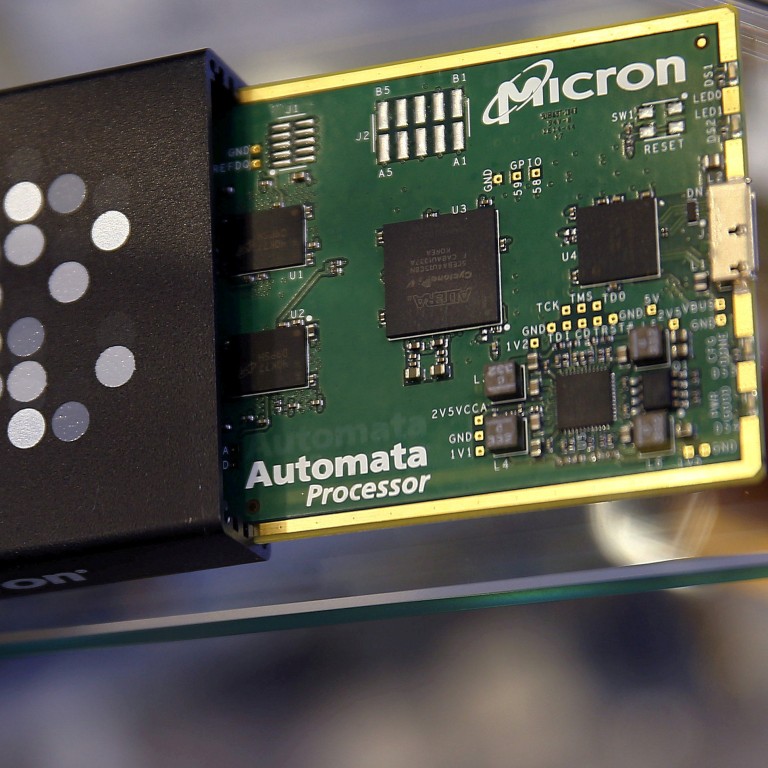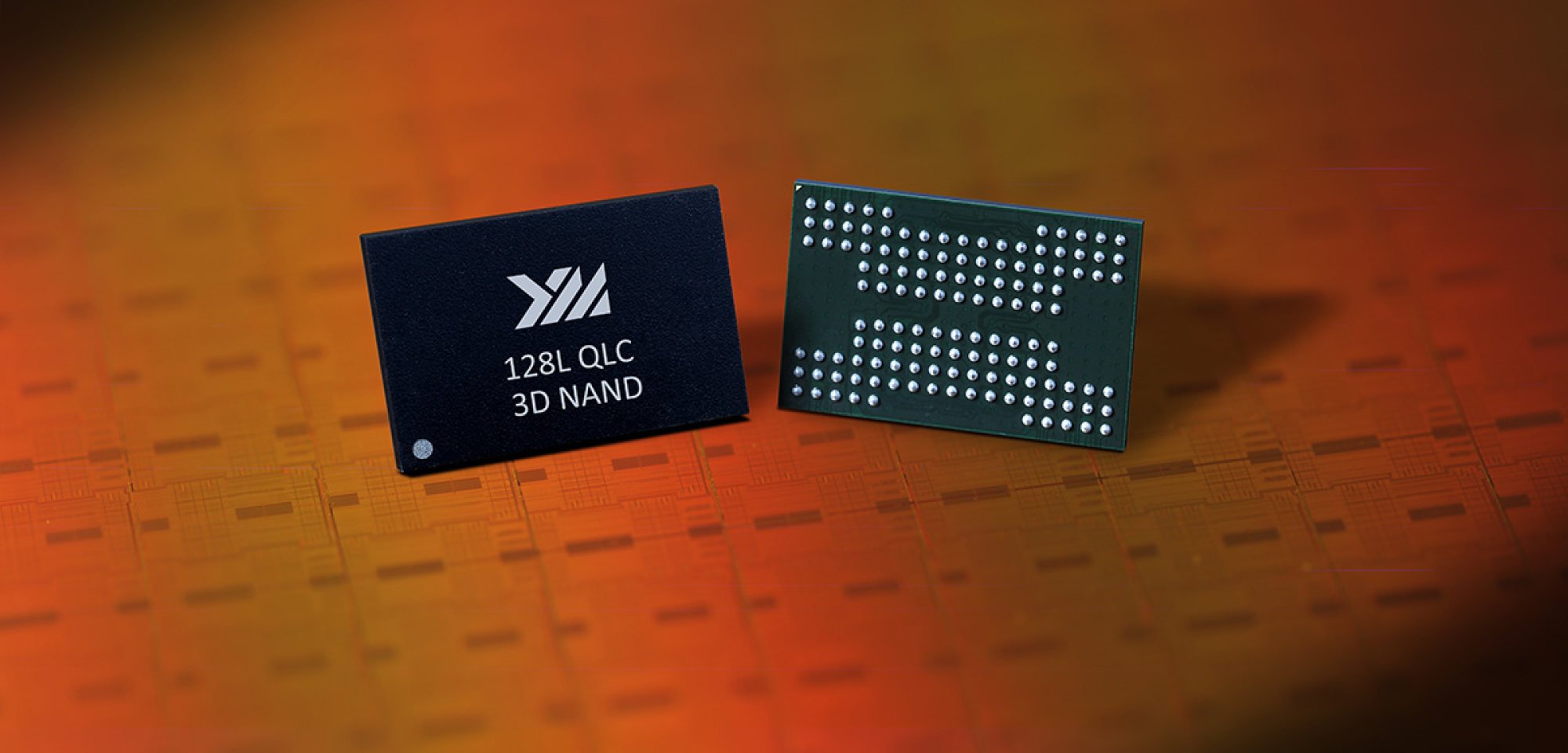
US-China tech war: chip maker Micron to close DRAM design operations in Shanghai, move key engineers to US, India
- The US chip company said the change is to focus on producing NAND memory in Shanghai, but a source said a ‘loss of technical know-how’ was a factor
- Some of the 150 members of the firm’s Shanghai DRAM team can apply to be relocated, with successful applicants given immigration packages to the US or India
US memory chip giant Micron Technology has confirmed it will close its DRAM design operations in Shanghai by the end of this year, with industry sources saying some of the 150 Chinese engineers will be asked to relocate to the US or India.
Micron said in a statement on Wednesday that its DRAM engineering team “will vacate from the Shanghai Design Centre”, with the process expected to be completed before December 2022, adding that the rest of its operations in the city would not be affected.
The company, which employs about 43,000 people globally, said on Thursday that it is making the move to focus on its “industry-leading NAND technology at the Shanghai Design Centre”. DRAM, short for dynamic random-access memories, is a common type of memory used in computers, while NAND is used for flash storage.
Former Chinese vice-premier calls for technology cooperation with US
However, employees and industry analysts have also indicated that the move could be a precaution to prevent talent loss and technology leaks to competitors in China.
A current Micron employee, who requested anonymity, said the plan was announced internally last month and that the decision was made because of a “historic loss of technical know-how as some former employees and management were poached by big tech firms in China”.
The growing technology rivalry between China and the US also played a role, the employee said.
Micron denied this was the case, saying it is committed to the Shanghai Design Centre, where it will continue to make its solid-state drive (SSD) memory.
“China remains an important market for Micron and the semiconductor industry in general, and we continue to invest in our talent and strengthen operations across our sites in China,” Micron said.
Some of the 150 members of the Shanghai DRAM team can apply to be relocated, according to the employee, and successful applicants would be granted immigration packages to the US or India.
Zheng Hua, the former senior director of Micron’s Shanghai Engineering Centre, announced on LinkedIn last week that he would relocate to Micron’s Atlanta operation as site leader. Micron has research and development centres in the US, Singapore, Japan, Taiwan, Italy, China, India and Germany.
Shanghai offers big subsidies to attract chip talent and investment
Wang Lifu, a Shanghai-based analyst at semiconductor consultancy ICWise, said the closure of the design centre in Shanghai “could be a preventive measure” against technology leaks.
“Many US memory chip design companies opted to put their design teams outside China in the first place, and Micron is moving in that direction,” Wang said.
Chen Rang, a long-time investor and entrepreneur in China’s semiconductor industry, said Micron’s Shanghai team has lost more than a third of its 300 members. With other chip design companies in China poaching its employees with high salaries and stock options, Micron’s move to relocate was “unsurprising”, he added.
It is increasingly common for chip companies to become aggressive in recruitment amid a surge in demand for top talent, according to Chen.
Micron has previously cited its concern over the government-backed competition in China. In its 2021 annual financial report, the company warned investors that Beijing’s support for domestic DRAM makers could restrict Micron’s growth in the market.
“We face the threat of increasing competition as a result of significant investment in the semiconductor industry by the Chinese government and various state-owned or affiliated entities that are intended to advance China’s stated national policy objectives,” Micron said in the report released last September.

“In addition, the Chinese government may restrict us from participating in the China market or may prevent us from competing effectively with Chinese companies,” it said.
Along with other foreign DRAM suppliers, Micron was the target of a 2018 investigation by regulators into potential collusion and other anticompetitive conduct, and it has also been sued in Chinese courts for alleged patent infringement.
Micron currently manufactures DRAMs in Taiwan, Singapore, Japan, the US, Malaysia, and China. It is uncertain whether the closure of the Shanghai design operation would affect its DRAM assembly and test facility in the northern city of Xian.
After a temporary lockdown in December due to a Covid-19 outbreak in Xian, capital of northwestern Shaanxi province, the facility reached full capacity again as of last Friday, the company said in a statement.



